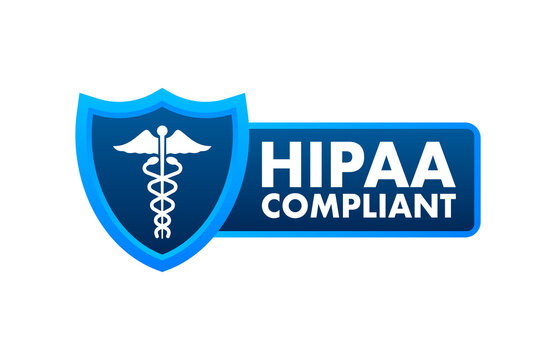
You’ve been scrolling WebMD for hours, feeling anxious and unsure. That awkward conversation with your partner, or maybe just a moment of uncertainty, has you wondering about STD testing. The thought of going to your regular doctor feels embarrassing, and you’re not even sure where to start. Sound familiar?
Don’t stress. Urgent care clinics are a game-changer for anyone needing confidential, quick STD testing. They’re like the secret weapon of healthcare – no long waits, no awkward small talk with your family doctor, and most importantly, no judgment.
Table of Contents
ToggleWhat STD Tests Can You Actually Get at Urgent Care?
Many individuals fail to grasp the thoroughness found in urgent care STD testing. Let’s delve into what these care centers can realistically achieve. They conduct a vast array of STD tests that may actually astonish you.
You’re not confined to one or two rudimentary examinations; in fact, you’re looking at something much more robust and resilient for the real, serious stuff: comprehensive tests for HIV, chlamydia, gonorrhea, and syphilis.
If you are feeling unwell or merely wish to take the most direct route to maintaining your sexual health, express that desire at the clinic. You will receive prompt medical attention, and you can count on the staff to handle your case with the utmost discretion.
How Much Will This Cost Me? (Spoiler: Probably Less Than You Think)
Financial considerations are important, and when it comes to testing for STDs, the costs shouldn’t dissuade anyone from getting tested. When going to an urgent care location for STD testing, most patients can expect to pay anywhere from $50 to $200.
If you don’t have insurance, there is no need to worry. Numerous clinics provide a sliding scale of prices to ensure that everyone can obtain these essential health services. Some clinics even employ financial counselors who can help you understand the charges.
What to Expect During Your Visit? No Awkwardness Allowed
Entering an urgent care clinic for STD testing can be an anxiety-ridden experience. The positive news? Healthcare providers are spectacularly skilled and trained in putting patients at ease.
It’s an uncomplicated and secretive process. You usually fill out some forms, have a short chat about your medical history, and then go through the necessary testing. Most doctors’ offices use blood draws, urine samples, or quick swab tests. And remember, everything stays completely confidential.
You May Like: Does Urgent Care Do Stitches? (2025 Guide)
How Quickly Can I Get Results?
When it comes to STD testing, speed is often a matter of life and death. Some tests offer results in just minutes – like rapid tests for HIV that can give you an answer while you’re still at the clinic.
Most clinics will contact you directly with the outcomes, usually in 2 to 3 days. They will articulate everything in a clear manner, guiding you to understand what the next steps are.
When Should I Actually Go to Urgent Care vs. My Regular Doctor?
Not every sexually transmitted disease requires an urgent care visit. If you have a primary care physician you can readily access—and it’s not an emergency—that might be your first choice. But urgent care is a good alternative when:
- Immediate testing is needed outside the hours of a regular doctor’s office
- Urgent testing is necessary, and the individual does not have a regular physician
- Testing is required, and the individual prioritizes speed and discretion
- The individual is experiencing symptoms that require immediate attention
- The testing needed must take place after normal doctor’s office hours or on the weekend
Urgent care centers fill a niche between emergency rooms and regular doctors’ offices. They serve many of the same purposes as standard medical offices but with the added benefit of convenience.
Final Words
STD testing doesn’t have to be a scary, complicated process. Urgent care clinics have made getting tested easier, faster, and more discreet than ever before. Your health is important, and taking proactive steps is something to be proud of – not ashamed of.
Pro Tips for Your Visit:
- Bring your ID and insurance card
- Be honest about your medical history
- Don’t be nervous – these professionals have seen it all
Remember: Getting tested isn’t just about you. It’s about taking responsibility for your health and your partner’s health. No shame, just smart choices.


